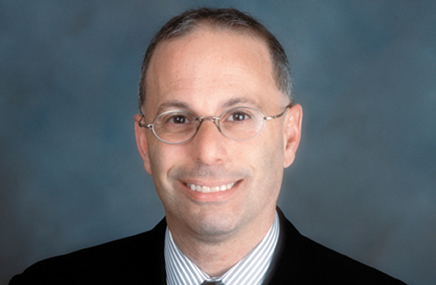Social media is leading to an erosion in trust of such once-sacrosanct gurus as physicians, corporations, their avatars and other “experts” like the mainstream media.
It’s been a painful, swift denuding of influence. Rather than being slowly disrobed, yesterday’s experts have been stripped of their gravitas and authority. Some have behaved badly, most have ignored it and too few get the message—adapt or die.
Hopefully, this isn’t so much a downward spiral as it is (in Schumpeter’s words) “creative destruction.”
While “emperors” are being exposed as having no clothes, the void is filling with robust and real-time peer-to-peer communications. Alas, the Internet also has many false prophets. Some are well-meaning (but still dangerous) idiots, others pure charlatans.
Social media is a “green field of opportunity.” But maximizing the opportunity means accommodating the reality of a messier world. Social media, almost by definition, is messy—and the regulatory framework (or lack of it) is equally so. And it’s not likely to get much better. Get used to it.
If we want to change the healthcare paradigm (for some that’s a big “if”), then changing how people learn about, discuss and address healthcare issues is crucial. And—unlike other aspects of healthcare change—it is happening quickly, and if you’re not at the table, you’re on the menu.
We still look to healthcare professionals for technical solutions (physicians, no longer the first and last word, are still first among equals). For practical advice, it’s an increasingly peer-to-peer proposition.
Welcome to the world of P2P Healthcare where social media holds the keys to the portals of power.
Peter Pitts is president, Center for Medcine in the Public Interest and a former associate commisisoner of the FDA.
From the June 01, 2012 Issue of MM+M - Medical Marketing and Media







